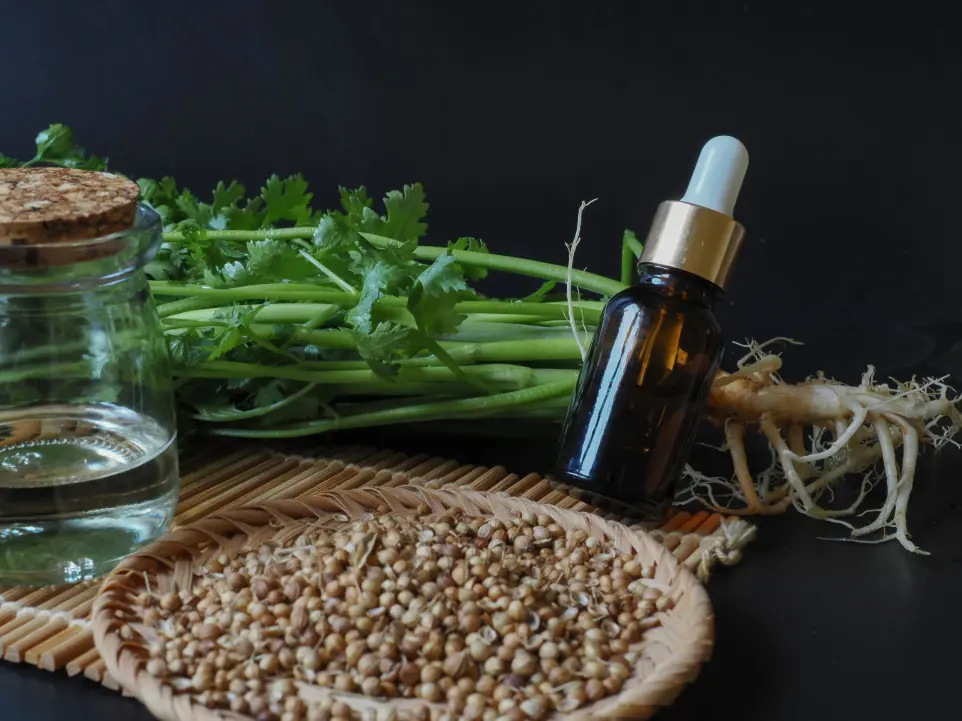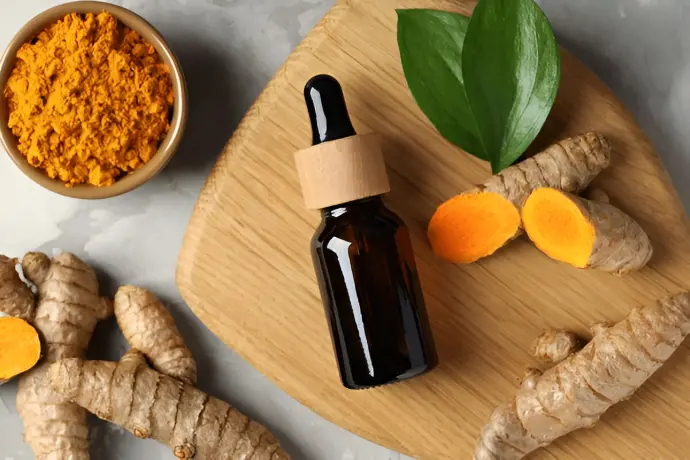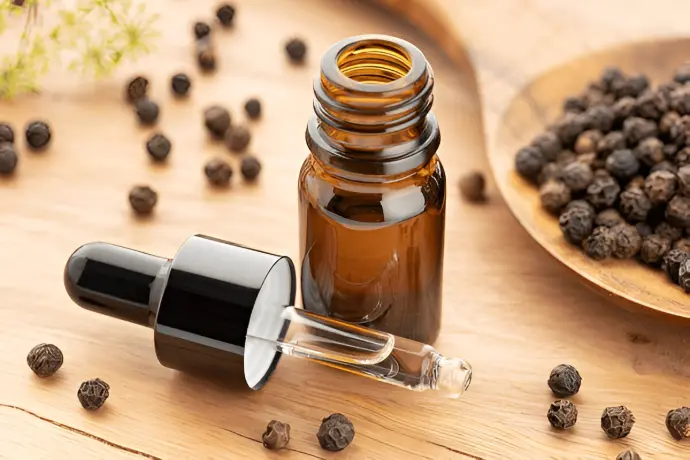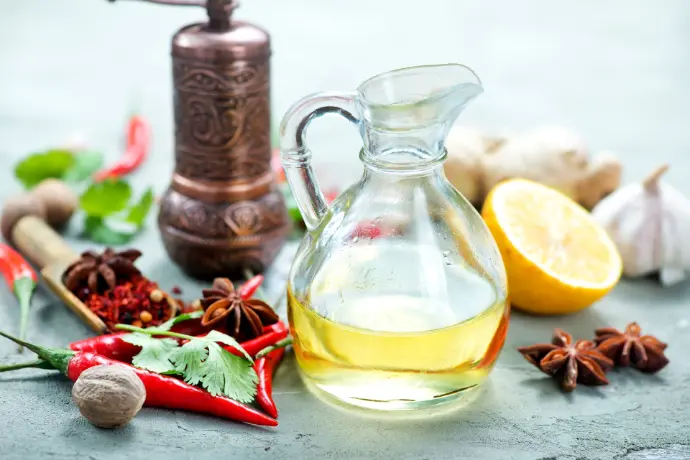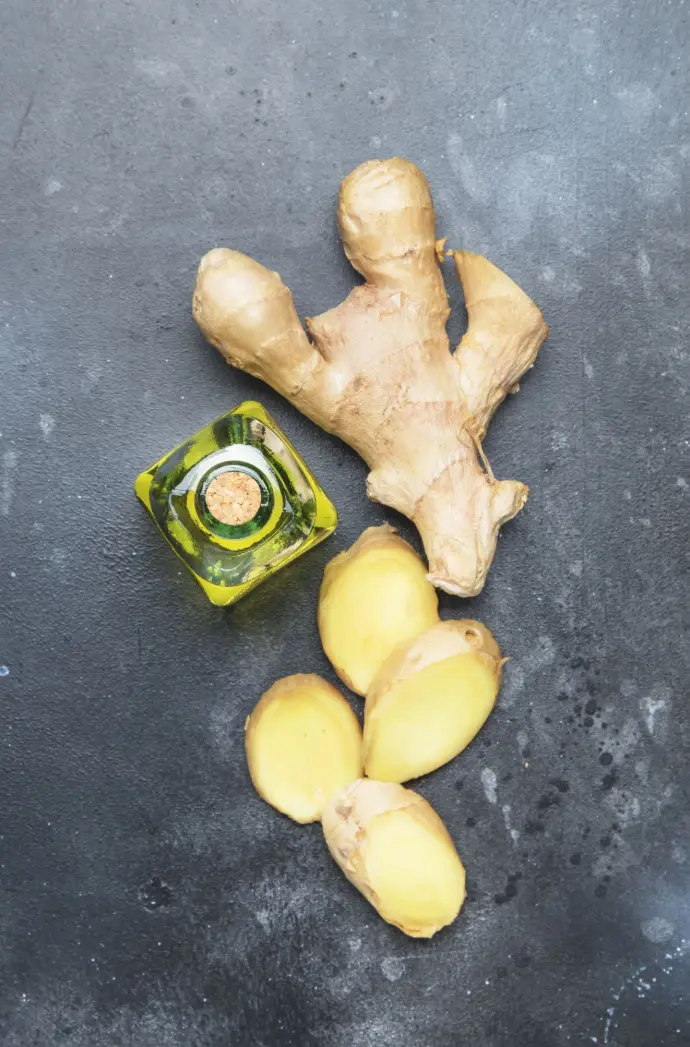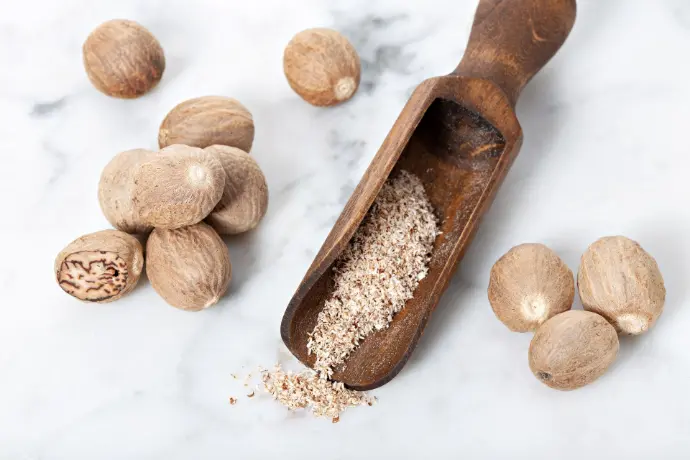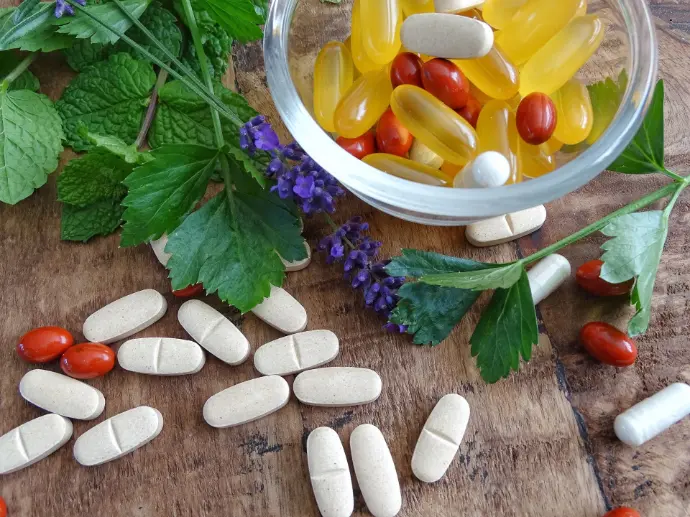About Product
Coriander oleoresin comes from the familiar green herb Coriandrum sativum, a member of the Apiaceae family. In some kitchens the plant is called Chinese parsley or cilantro, and just about every part is edible. Home cooks lean on the bright leaves and toasted seeds, yet the concentrated oleoresin tells a different story.
Producers usually make the extract by running super-critical CO2 through the ground seeds, a remarkably tidy, low-solvent method that leaves hardly any mess behind. The finished product sits somewhere between light and dark olive green and has the texture of butter at room temperature.
That oily paste smells intensely sweet, almost floral, while the taste hits first with a quick, slightly bitter bite and then fades to a warm pungency. Close inspection reveals a cocktail of linalool, pinene, camphor, limonene, and geranyl acetate stacked inside the base.
Because those compounds are both fragrant and biologically active, food technologists dump coriander oleoresin into curry powders, pickling mixes, and even some brand-name tonics. Herbalists keep a bottle in the medicine cabinet, using it externally to ease rheumatic stiffness.
Cosmetics chemists appreciate the extract, too, folding it into perfumes, toothpaste, and skin creams where a spicy note helps mask sharper raw odors. Beyond scent, traditional practitioners praise the oil for its mild digestive, antispasmodic, and anti-rheumatic effects.
Coriander oleoresin has long been credited with calming a restless stomach and stimulating a waning appetite. Practitioners also rely on the extract for acute nausea, spastic bowel cramps, excess gas, and the occasional bout of diarrhea. Beyond gastrointestinal use, some reach for it when measles erupts, hemorrhoids throb, or a stubborn toothache lingers. The same resin is applied in herbal lore for joint pain, for worm expulsion, and as a broad-spectrum wash against bacterial and fungal infection.
Supercritical-CO2 extraction technology that leaves the oil bright and flavour-full. The plant material is milled, extracted, and packaged in a climate-controlled warehouse spacious enough for bulk orders that arrive without notice. Incoming batches are screened by in-house chemists who use HPLC, GC, and moisture analysis before anything leaves the loading dock. Because of this attention to detail, coriander oleoresin from Agrawal Exports meets specifications whether the client needs food-grade or pharmaceutical-quality product.
Composition
- Linalool: The primary bioactive compound responsible for coriander’s floral, citrus-like aroma and anti-inflammatory and anti-anxiety properties.
- Pinene: Contributes to the fresh, piney, and herbal notes of coriander.
- Other Essential Oils: Includes compounds like limonene, geraniol, and camphor, which contribute to its distinct flavor and fragrance profile.
- Other Components: Organic acids, resins, sugars, and proteins that add to the overall flavor and therapeutic properties of the oleoresin.
Physical Characteristics
- Appearance: Pale yellow to light brown liquid, depending on concentration.
- Odor: Sweet, citrusy, floral, with a hint of spice and earthiness.
- Taste: Sweet, slightly spicy, and citrus-like flavor, characteristic of coriander.
Health Benefits
- Digestive
Health:
Coriander Oleoresin supports digestion by stimulating the production of digestive enzymes. It helps relieve indigestion, bloating, and other gastrointestinal issues. - Anti-inflammatory:
Contains linalool and other compounds that help reduce inflammation and are beneficial for treating conditions like arthritis, muscle pain, and inflammatory skin conditions. - Antioxidant
Protection:
Rich in antioxidants, coriander oleoresin helps to neutralize free radicals and protect cells from oxidative damage, supporting overall health. - Antimicrobial
Properties:
Coriander has mild antimicrobial properties, which can be used to support healthy skin and prevent bacterial and fungal infections. - Skin
Health:
Its anti-inflammatory and antioxidant properties make it an excellent addition to skincare formulations, particularly for reducing redness, acne, and promoting a healthy, youthful complexion.
- Digestive
Health:
Coriander oleoresin serves as a potent flavoring and scent compound in both culinary and commercial applications. The concentrated extract captures the full profile of the coriander seed in a single oily phase.
Laboratory studies show that coriander oleoresin inhibits a range of microorganisms, including both Gram-positive and Gram-negative bacterial strains. Additional assays suggest it may exert anti-cancer effects, though the clinical relevance of those findings remains to be fully established.
The chemical matrix of the extract features linalool, a-pinene, camphor, g-terpinene, D-limonene, and geranyl acetate, each of which contributes a distinct note to the oils fragrance and biological activity.
Key Features
- Source: Extracted from coriander seeds (Coriandrum sativum).
- Active Ingredient: Linalool, pinene, and other essential oils.
- Physical Characteristics: Pale yellow to light brown liquid with a sweet, citrus-like, and slightly spicy aroma.
- Applications: Food, pharmaceuticals, cosmetics, fragrance.
- Health Benefits: Digestive support, anti-inflammatory, antioxidant protection, antimicrobial properties, skin health.
Application
- Food
Industry:
Coriander Oleoresin is widely used as a natural flavoring agent in sauces, dressings, soups, curries, and beverages, providing a unique citrus-spicy flavor. - Pharmaceuticals:
Known for its anti-inflammatory, antioxidant, and digestive properties, coriander oleoresin is used in products for digestion support, pain relief, and improving skin health. - Cosmetics
and Personal Care:
Coriander Oleoresin is used in skincare formulations for its soothing, anti-inflammatory, and skin-healing properties. It is commonly found in lotions, creams, and hair care products. - Fragrance
Industry:
The sweet, floral, and citrus-like fragrance of coriander makes it a popular ingredient in perfumes, candles, and scented products.
ALSO ACT AS A
Flavoring Agent Coriander oleoresin lends a warm, citrusy note to curry pastes, pickles, snack blends and all kinds of prepared meats. Food technologists value its concentrated profile for permanent shelf-stable applications.
Aromatic Agent Aromatherapists appreciate the resin for calming rooms and bodies alike; it doubles as a traditional carminative, mild stomachic and spasmodic relaxant. Many herbalists also suggest it for late-night nerves and insomnia.
Therapeutic Clinicians sometimes reach for coriander oleoresin when patients complain of nausea, fleeting appetite or that gnawing post-meal ache. Its antibacterial and antifungal potency gives it extra shelf life in a medicine chest.
Nutritional A teaspoon of the extract supplies notable fiber, manganese, magnesium and iron, allowing cholesterol toward a healthier balance. Bad LDL slides down, while HDL politely picks up the slack.
